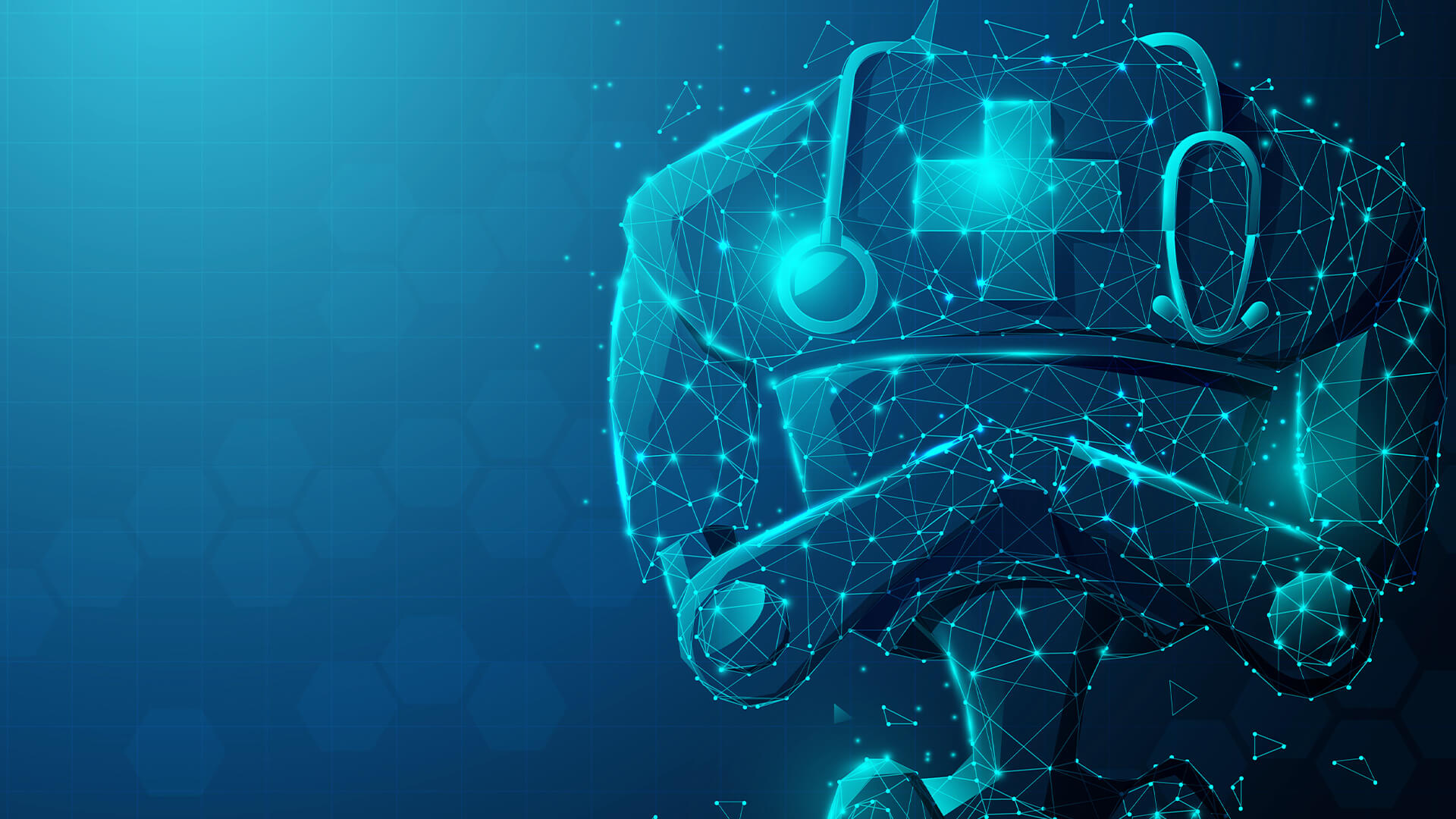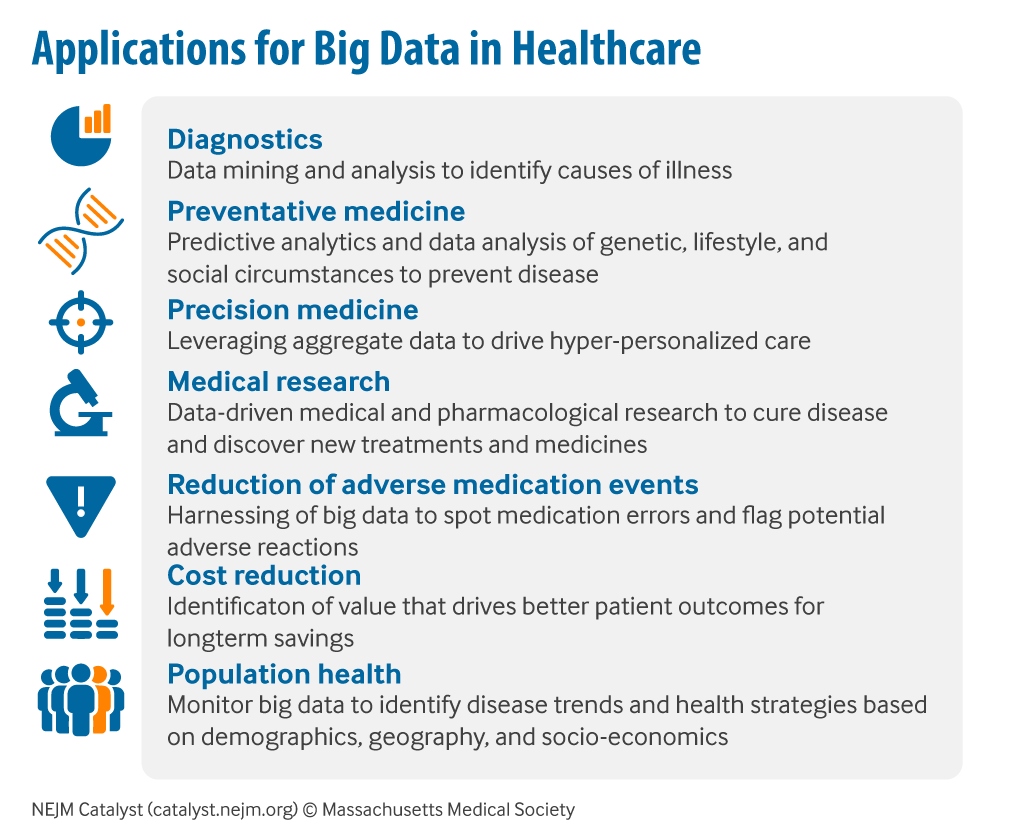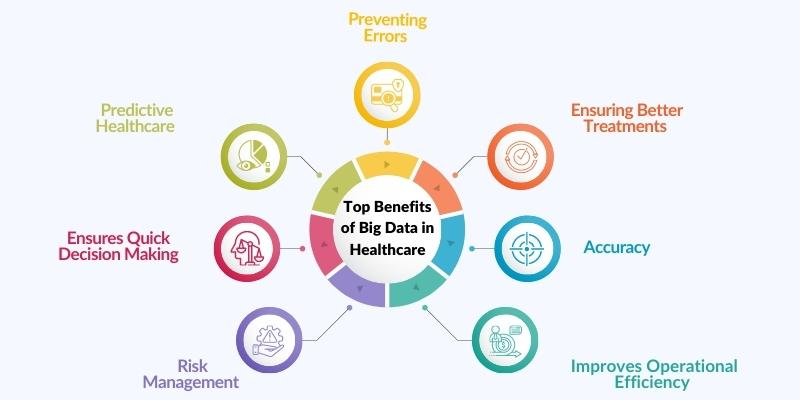Comments
- No comments found

Big data is transforming the healthcare industry by providing new opportunities for improving patient outcomes and reducing costs.
From collecting patient records and providing benefits to managing the performance of hospitals, big data in healthcare is revolutionizing the industry for the better.
With the increasing amount of data being generated by electronic health records, wearables, and other sources, healthcare organizations are now able to analyze large amounts of data to gain new insights and make better decisions.
Healthcare analytics has the power to minimize the cost of treatments and preventable diseases and improve the overall quality of life. Medical practitioners, through the use of big data, are able to collect a large amount of data and churn up the best strategies from the derived insights.
Improving patients' lives and paving the way for the advancement of healthcare requires extensive analysis and meticulous measurement of the data collected.


Big data can be leveraged to identify patterns and trends that can help healthcare providers make more accurate diagnoses and develop more effective treatment plans. For example, data from electronic health records can be used to identify patients at high risk of certain conditions, such as heart disease or diabetes, and target them for early intervention.
One of the crucial functionalities provided is real-time alerting. Big data can also be used to identify inefficiencies in the healthcare system and develop strategies to reduce costs. For example, data can be used to identify patterns of overuse of certain tests or procedures, which can then be targeted for reduction.
Big data can be used to develop more personalized treatment plans for individual patients. By analyzing a patient's genetic data, healthcare providers can determine the most effective treatments for that patient and reduce the risk of side effects.

One of the biggest challenges in the use of big data in healthcare is ensuring the privacy and security of patient information. With the increasing amount of data being collected and stored, there is a greater risk of data breaches and unauthorized access to sensitive information.
it is quintessential that every healthcare staff should be equipped with enhanced soft skills.
Another challenge is ensuring the quality of the data being used. With large amounts of data being collected from multiple sources, there is a risk of errors and inconsistencies that can lead to inaccurate conclusions.
Integrating data from multiple sources can be a challenging task. Data from different sources may be in different formats and may not be easily comparable.

Big data can develop predictive models that can help healthcare providers anticipate future health problems and take proactive steps to prevent them.
More hospitals should leverage big data to quickly prevent human error or fraud, medical institutions leverage big data and prediction to identify any anomalies.
Big data can be used to identify patterns and trends that can help healthcare providers develop strategies for improving the health of entire populations.
With the help of big data, healthcare providers can monitor patients remotely using telemedicine technology, which can improve access to care and reduce costs.
The healthcare industry is in the early stages of realizing the potential of big data. With the right tools and strategies, healthcare organizations can use big data to improve patient outcomes, reduce costs, and develop more personalized treatment plans. However, challenges such as data privacy and security, data quality, and data integration must be addressed in order to fully realize the potential of big data in healthcare.
Leave your comments
Post comment as a guest